Use Audiobooks to Hone Your Hearing
Better Hearing Is a Process, Not an Event
When you get hearing devices, your hearing improves dramatically. But there’s still plenty of fine-tuning to do.
That’s why an experienced hearing care professional schedules follow-ups. As you encounter different environments in your life, you’ll notice sounds that don’t seem quite right. At your follow-ups, your provider uses your feedback to customize your hearing aid settings even more to your unique needs.
But you can take charge of encountering new sounds by using at-home tools — enter the humble audiobook.
Audiobooks Are a Perfect Complement to Hearing Aids
When someone speaks to you, your brain (among other things) targets the voice, concentrates on it, ignores background noise, and tries to match the sounds to words in your memory.
If you’ve had hearing loss for a long time, you’ve missed certain words — or heard them incorrectly — for years. When you get hearing aids, your brain needs to adjust to hearing them again.
With audiobooks, you can focus entirely on the words being spoken. You can practice listening without the issues that arise during a conversation, such as background noise. And you can rewind!
Using an Audiobook to Adjust to Hearing Aids
Head to the local library
Don’t worry — this isn’t a high-cost solution. Audiobooks are as close and accessible as your local library.
Grab the CD version if you prefer that format. For a mobile experience, confirm with your library which app you can use to check out and download their audiobooks. Some hearing aids even allow you to stream them directly via Bluetooth!
People at all listening levels can benefit — if you have a cochlear implant, ask your provider for the best way to train using audiobooks.
Stick to the familiar to begin with
Audiobooks let you focus on a single voice before jumping into real-life, two-way conversations. How better to start than with a book you’re already familiar with?
- Choose a book you own a copy of in print or e-book format, and follow along with the narrator — this helps your brain process the heard speech.
- Listening like this is tiring — keep it short to begin with, only for 20 to 30 minutes at first.
- Library apps usually offer a sample to listen to — take advantage of it to make sure you’re comfortable with the narrator’s voice.
- Listen in a room with minimal background noise
Branch out when you’re comfortable
Changing different aspects of your listening experience will challenge your brain in healthy, helpful ways. It also provides helpful feedback for you to bring to your provider.
- If you really like the first book, listen to it again without reading along.
- Ready for another book? Choose one you’ve read before, but don’t follow along in a print copy or e-book.
- If your first book was narrated by a man, choose a woman narrator for the second.
- For every new book, change something — switch from fiction to nonfiction, choose a narrator with an accent, or increase the amount of background noise.
Have Fun With It
You’ll be learning how to make the most of your new hearing aids regardless — why not enjoy books you’ve been meaning to read? Plus, you can choose books that pleasurably stretch your listening skills. Besides — it’s also the perfect excuse to read those guilty pleasures.
When you’re ready to move beyond audiobooks in your better-hearing journey, contact us — we’d love to help you push your hearing skills even further!



